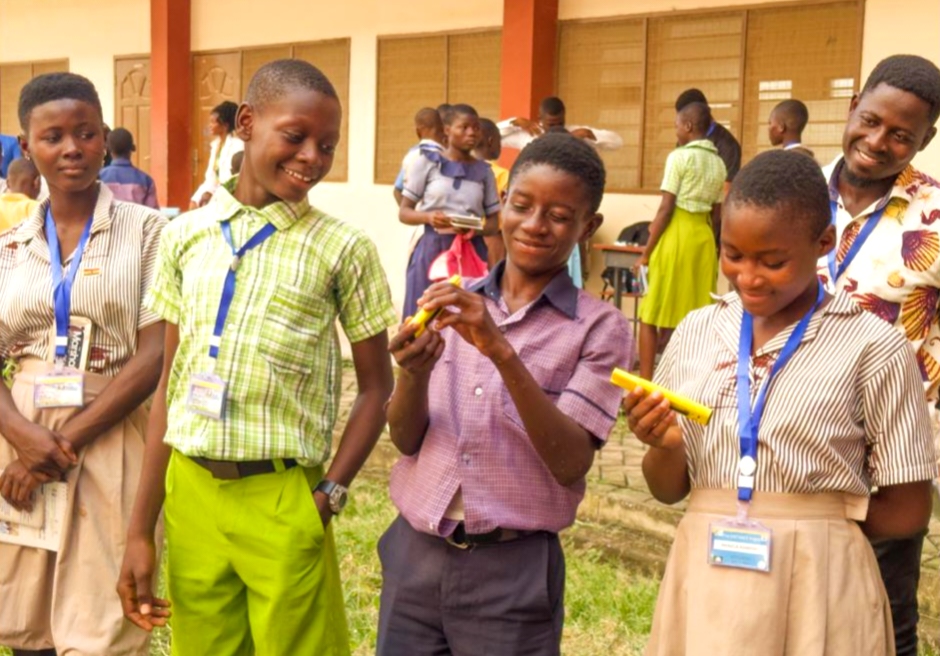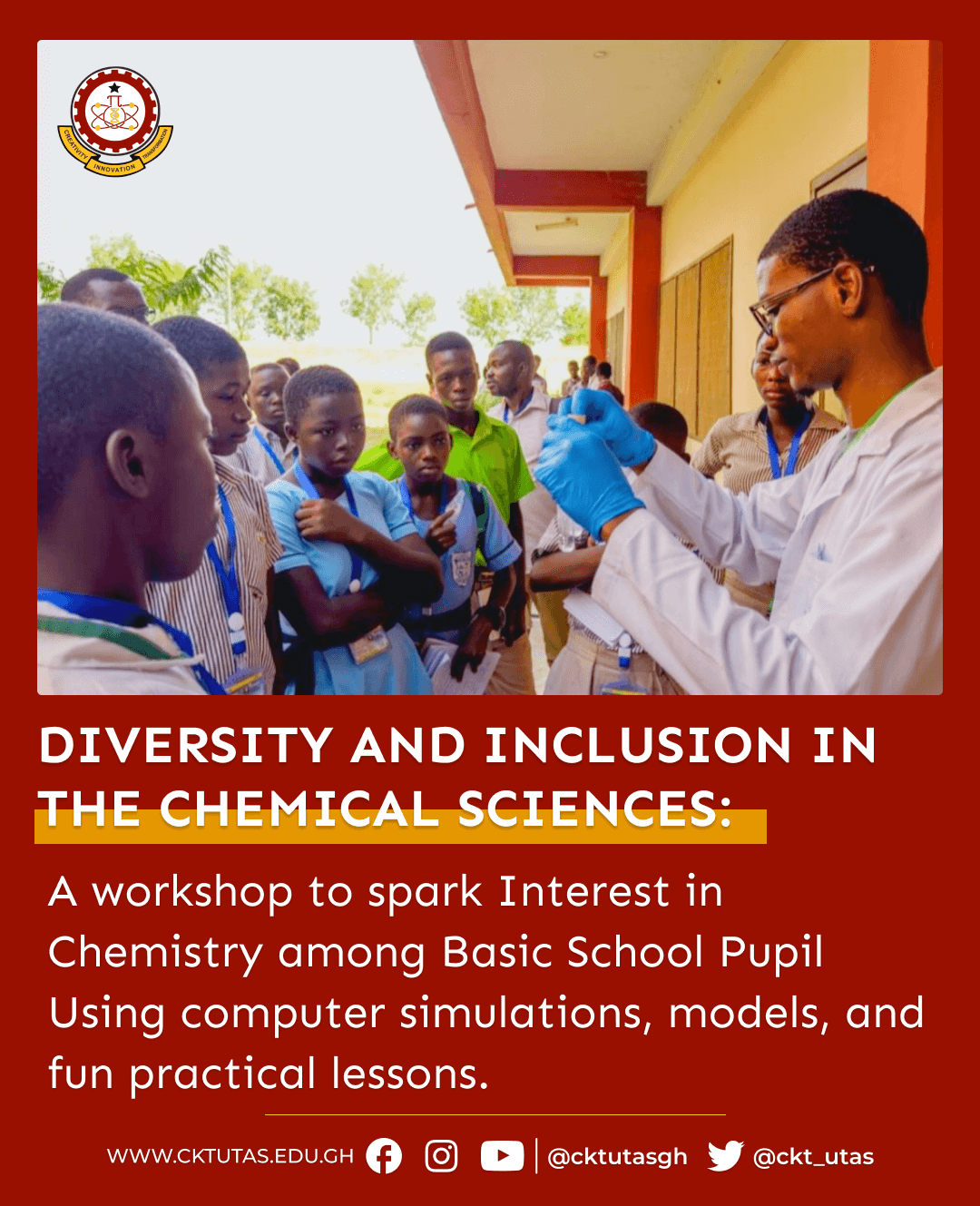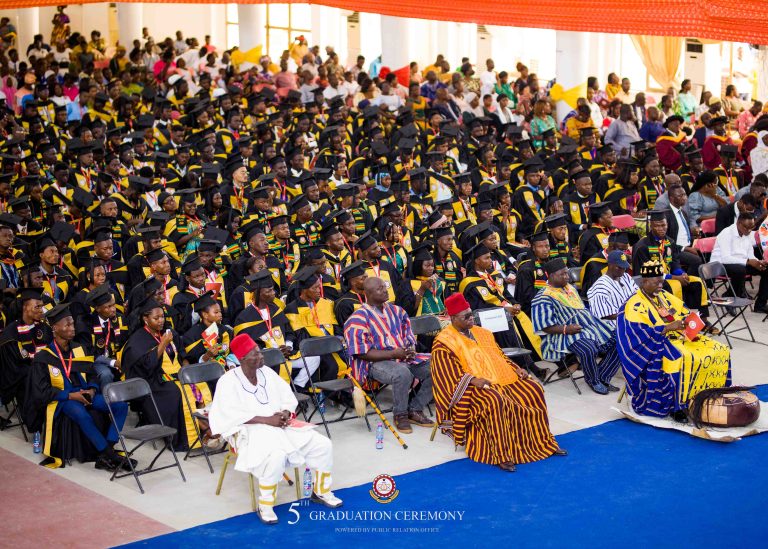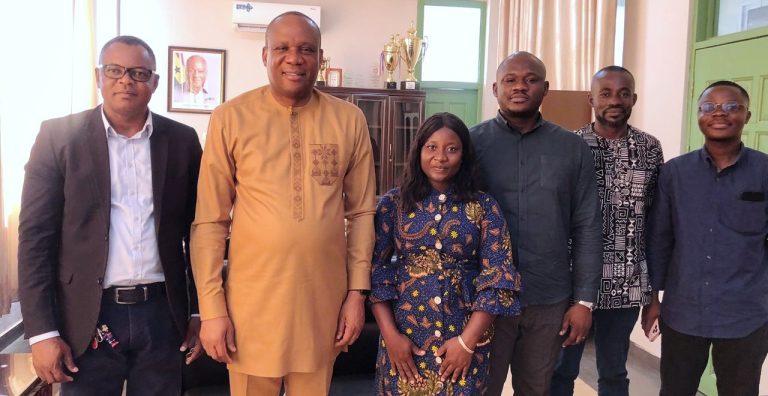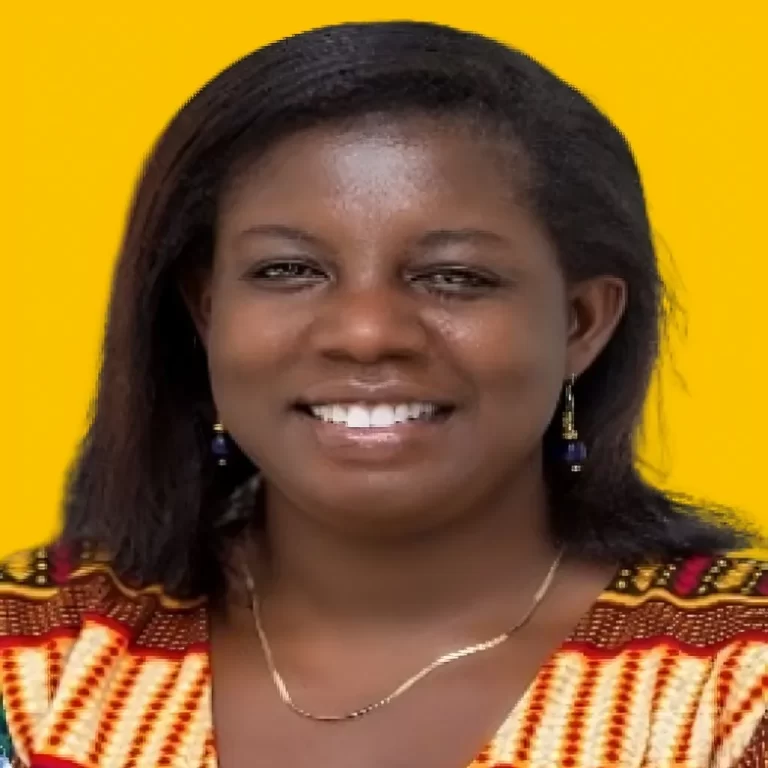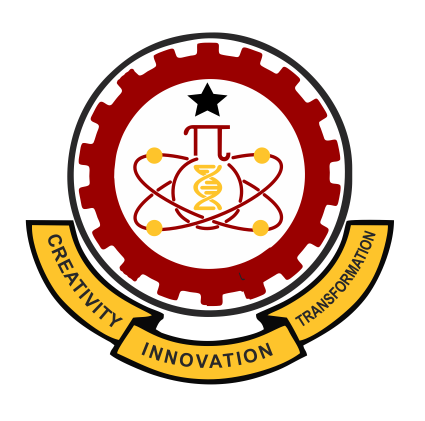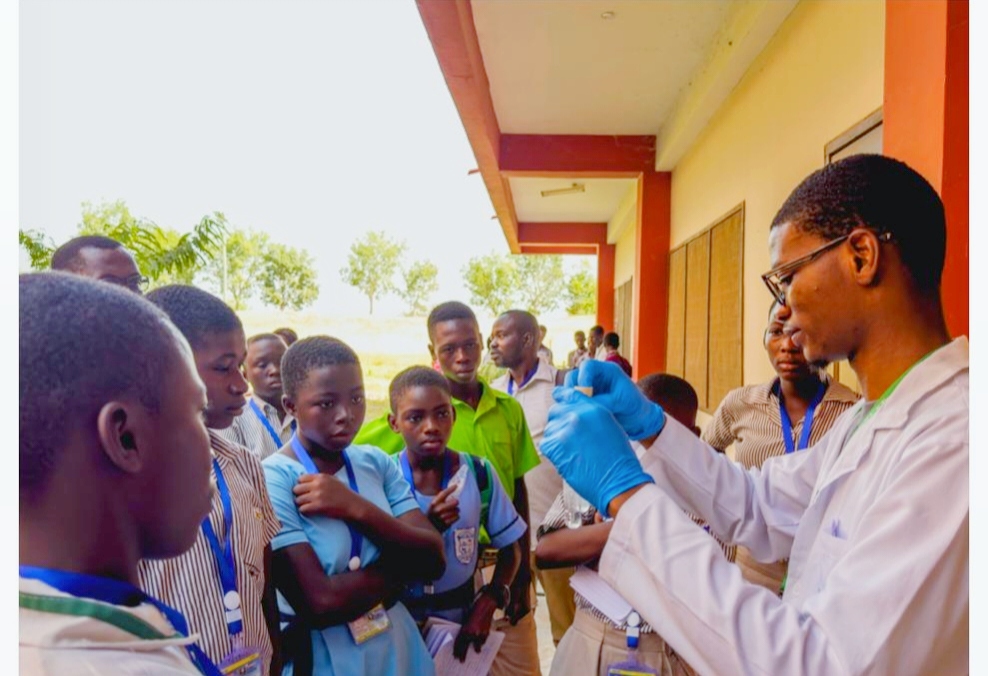
The just-ended three-day Diversity and Inclusion in the Chemical Sciences Workshop (31st of October to 2nd November 2023) was under the theme “Building Our Nation through Diversity and Inclusion in Science, Technology and Chemical Education (BONDISTANCE)”, hence referred to as The DISTANCE Project.
The DISTANCE Project was partially funded by the Royal Society of Chemistry (RSC), UK, a grant awarded to Dr Gershon Amenuvor of the Department of Chemistry, College of Science, Kwame Nkrumah University of Science and Technology (KNUST) with partners from the Ghana Chemical Society (GCS), the Ghana Student’s Chemical Society (GSCS) and the Department of Applied Chemistry, School of Chemical and Biochemical Sciences, C. K. Tedam University of Technology and Applied Sciences (CKT-UTAS).
The project aimed to rouse the interest of deprived basic school pupils in chemistry using computer simulations, models, and fun practical sessions, among others.
Over 180 Junior High School children drawn from all 18 JHS in the Bolga East District of The Upper East Region participated along with their teachers. A team of facilitators from KNUST and CKT-UTAS took the pupils through various topics in chemistry and hands-on practical sessions.
The programme was graced by the Bolga East GES Director, a representative of the MP for Bolga East Constituency, a representative of the DCE of Bolga East District, the Chief of Gambibgo, the Royal Society of Chemistry (RSC) representative for Ghana, Prof. Johannes Awudza, the GCS representative, Dr Michael Baah Mensah, the Dean of the School of Chemical and Biochemical Sciences, Prof James Abugri, the Head of Department for Applied Chemistry, CKT-UTAS, Dr Mary-Magdalene Pedavoah, and District STEM Coordinators among others.
The low students’ enrolment in the chemical sciences, especially from the northern part of Ghana, has become an issue of concern to the stakeholders in the field of study.
We believe that to remedy the situation, introducing chemistry early to basic school pupils using interesting and interactive approaches from junior secondary school will be appropriate. Both the pupils and their teachers took a keen interest in the entire programme.
The workshop ended successfully with a call on the organisers to set up a laboratory to support the learning of the chemical sciences in the district so that the pupils could continue to develop an interest in the chemical sciences.
The teachers also requested training to enhance their teaching and delivery in the various schools. The project is hoped to be replicated in other districts in the region and across the country for both the pupils and teachers to encourage more students to take up science at the SHS level and the chemical sciences at the tertiary level.
